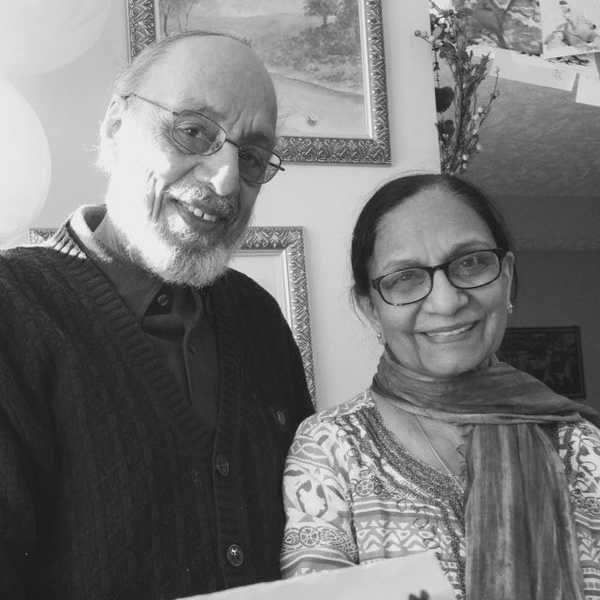Before leaving my home country, I was completely certain of what my response to the question, “Where are you from?” should be. The answer was quite straightforward. For as long as I can remember, I’ve known that my hometown is Bende Local Government Area in Abia State. It didn’t matter that I had been born and raised far away from my supposed hometown. Those who asked where I come from were only concerned with knowing my parents’ place of origin, hence the reference to Bende as my hometown. It was common knowledge that if anyone wanted to know where I had spent majority of my time growing up, they would ask specifically about where I was born and raised. Obviously, I’ve always known that I’m Nigerian. But I never had to actively think of myself as Nigerian, and tell people that I’m Nigerian. I lived among Nigerians, people whose identities, given my very limited level of exposure at the time, were quite similar to my own identity. Thus, there was no need to affirm our identities as Nigerians. And there was an even lesser need to actively refer to ourselves as African. Being African, in my opinion, was an obvious part of my identity that needed no further affirmation.
All these assumptions soon changed drastically as soon as I left Nigeria. I realized that my identity had to become a lot more than just my parents’ place of origin. Parts of my identity that I had previously considered too obvious to require any verbal affirmation became major components of my identity as I introduced myself to the people that I came across. Suddenly I was acutely African. And for those who bothered to ask where in particular I was from in Africa, I was either West African or Nigerian, depending on a rather rushed judgment of the level of knowledge that the person asking the question probably had about the continent of Africa.
As I became African, West African and Nigerian, I began to fear more and more that I was loosing myself to the broadness of these categories. As a continent, Africa is populated by more than one billion people. West Africa is populated by more than 245 million people. Even Nigeria has a population of over 170 million people. I’ve always been slightly uncomfortable with being grouped as one of many ‘similar’ people, so naturally it felt terrible to be limited to a fickle identity as just another African, West African or Nigerian. I preferred to be able to explain further about where exactly I come from, narrowing it down to the state, city and town. But it was not an easy task to convince myself that I had an appropriate answer to the question of what state, city and town in Nigeria I come from.
It certainly did not help that I had gotten used to hearing most Americans refer to places where they were born and mostly raised as their hometowns. The question of my hometown became confusing to me because I began to wonder if it made any sense to say I’m from a place that I barely know, simply because my parents originated from that place. In truth, Jos in Plateau State had always been home for me because I was born there and had lived there all of my life until I left Nigeria. And even now, if I were to say that I was going back home, I would most certainly be referring to our home in Jos.
More than a few times, I thought about saying that Jos is my hometown. But each time, as I was about to claim Jos as my hometown, a weird feeling of guilt and betrayal would envelope me and I would stop myself. It felt like betrayal to claim Jos as my hometown, disregarding the fact that I knew my parents, grandparents and those before them originated from Abia State and not Plateau State. I decided that my answer would be a rather long but necessary explanation. I began to tell everyone who asked about my hometown that I was born and raised in Plateau State, which in the north-central of Nigeria, but my parents are originally from Abia State, which is all the way in the eastern part of Nigeria. As expected, I never really know if people understand what I mean when I give this answer, but I’m sticking with it because it does enough justice in terms of portraying my reality.
To many people here in America, I’m still just another African. To some, I’m West African. And to a few, I’m Nigerian. Sometimes, I consider giving up and allowing myself to be swallowed up in the vastness of these categories into which I am constantly being grouped. At other times, I wonder why I bother with such detailed explanations of where I come from. After all, no one besides people who are familiar with the geography of Nigeria will know these places that I keep referring to. The conclusion that I always find is that I owe it to myself to continuously affirm my identity in relation to all of the places that are important to me in one way or another. This way, I can rest easy at night and be confident in my own knowledge of my identity, who I am and where I come from.




















